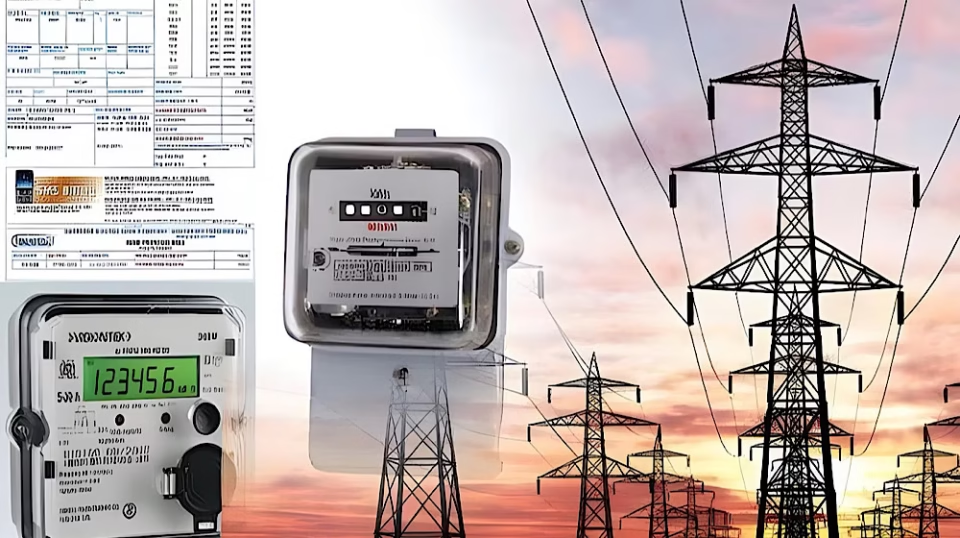NEPRA Approves Minor Increase in October Electricity Bills
October 15, 2025
ISLAMABAD: The National Electric Power Regulatory Authority (NEPRA) has approved a slight increase of Rs. 0.0796 per unit in electricity bills for October 2025, impacting consumers of all power distribution companies, including K-Electric.
⚡ Details of the Adjustment
The increase has been made under the Monthly Fuel Charges Adjustment (FCA) for August 2025. Power companies had initially requested a hike of Rs. 0.19 per unit, but NEPRA approved a lower adjustment after reviewing the generation cost data provided by the utilities.
The revision will be applicable to all electricity consumers except:
-
Lifeline customers
-
Electric vehicle (EV) charging stations
-
Prepaid meter users
💡 Reasons Behind the Adjustment
According to NEPRA, the adjustment reflects the difference between the actual fuel cost and the reference cost of power generation during August. The goal is to ensure that the financial gap resulting from fluctuating fuel prices and system inefficiencies is managed fairly across the sector.
📊 Sector Inefficiencies Highlighted
NEPRA’s technical member raised concerns over continued inefficiencies in the power system. It was noted that the Guddu 747MW power plant, operating in open-cycle mode, added around Rs. 956 million to overall costs during August.
Additionally, Part Load Adjustment Charges (PLAC) reached Rs. 3.9 billion, while system constraints and underutilization of the HVDC transmission system further strained the national grid’s performance.
⚠️ Dissenting Opinion on the Decision
In a strongly worded note, the technical member criticized the decision to pass on the financial burden caused by operational inefficiencies of the National Transmission and Despatch Company (NTDC) to consumers. The dissent stressed that such costs should be addressed through better management and accountability, rather than being transferred to end users.
🔍 Key Takeaway
Although the per-unit increase may appear minimal, the adjustment highlights the ongoing challenges in Pakistan’s power sector — including high generation costs, inefficiencies, and system losses — which continue to affect consumer electricity bills.

